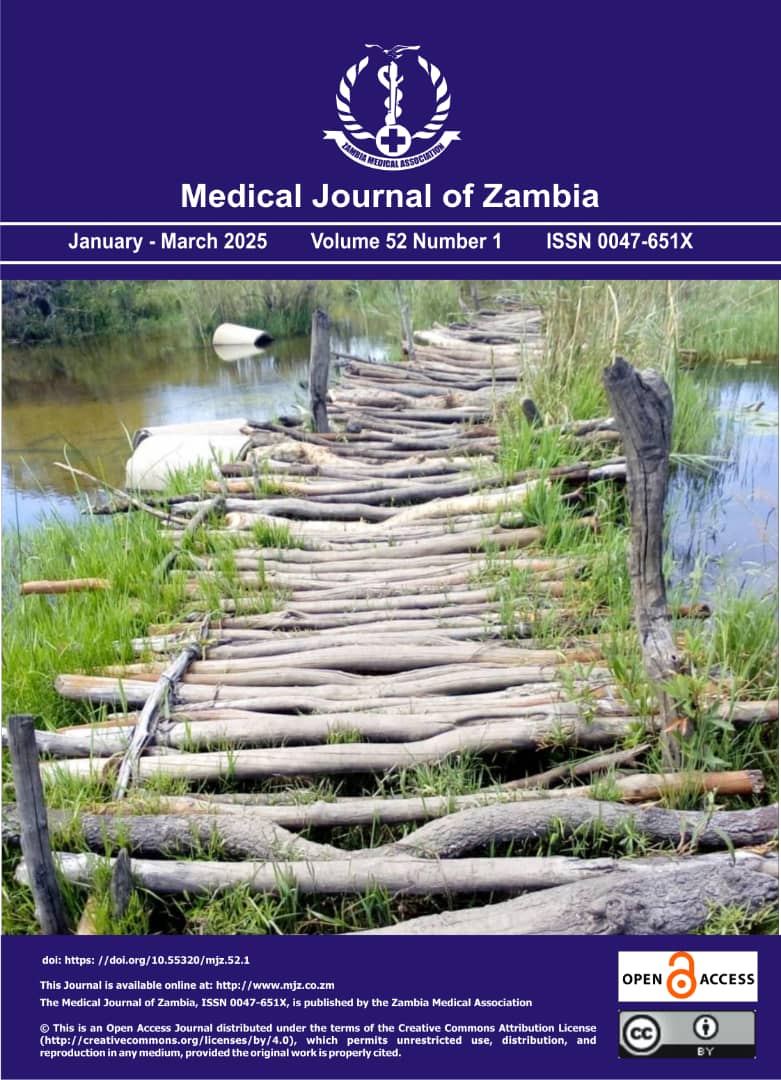The evolution and impact of laparoscopic surgery in Africa: The Nigeria Perspective
DOI:
https://doi.org/10.55320/mjz.52.1.590Keywords:
Laparoscopy, Minimal Access Surgery, AfricaAbstract
Background: laparoscopic surgery has undergone revolutionary advancement over the past decades in various surgical specialties by offering a minimally invasive alternative to traditional open surgeries, thereby significantly reducing trauma from surgery and associated morbidity.
Objectives: This article reviews the epidemiological advancement of laparoscopic surgery in Africa, especially in Nigeria. It discusses its benefits and contributions to surgical practice while highlighting challenges associated with its advancement and how they can be addressed.
Methods: We carried out a narrative review of available published articles that evaluated the utilization of laparoscopic surgery in Africa, with data obtained via the use of online search engines, including PubMed and Google Scholar, using the keywords; Laparoscopy, Minimal Access Surgery and Africa
Results: Laparoscopic surgery has grown significantly in Africa over the past decade, with countries like South Africa and Egypt taking the lead, however, challenges related to laparoscopic access and training still persists, especially in countries like Nigeria, Kenya, and Ghana, where progress is occurring at a rather relatively slower pace. Study has shown that the utilization of laparoscopic surgery among surgical trainees is more prevalent in upper-middle and lower-middle-income countries such as South Africa and Kenya, at 2.7% and 0.8% respectively compared with lower-income countries such as Tanzania and Zimbabwe, with a utilization rate of 0.5%. Also, private hospitals have shown greater laparoscopy utilization (1.6%) than public hospitals (0.5%) in Africa. This is similar to the Nigeria experience where there is an uneven distribution in the utilization of laparoscopic surgery between the public and private healthcare sector, in which majority of minimally invasive procedures including laparoscopic surgeries are carried out in private hospitals, with less than 5% being carried out in government owned facilities.
Conclusion: The continued expansion of laparoscopic surgery in Africa promises to improve surgical care delivery, reduce complications, and enhance patient outcome, however, further efforts are needed to ensure equitable access to laparoscopic surgery in Nigeria and across Africa. These challenges can be adequately addressed through appropriate government policies on healthcare funding and surgeons training on laparoscopic skills.
Downloads
Published
Issue
Section
License
Copyright (c) 2025 Medical Journal of Zambia

This work is licensed under a Creative Commons Attribution-NonCommercial 4.0 International License.









